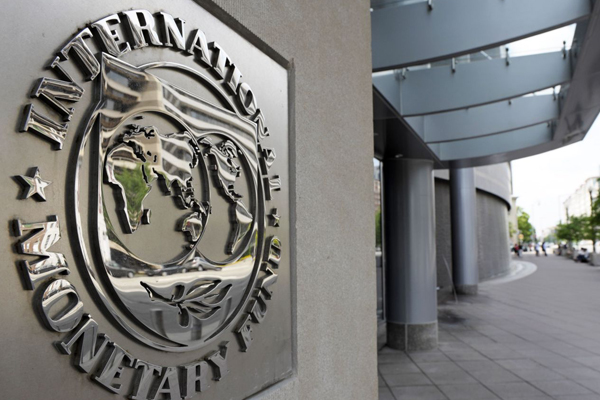
Fiscal policy should be geared towards a gradual reduction of the budget deficit to a level compatible with the official assistance available over the medium term. This is one of the recommendations of the IMF mission that had been in Moldova on April 22-30, IPN reports.
“The projected increase in the budget deficit in 2014 (2½ percent of GDP) represents a step in the opposite direction. While the deficit could be allowed to widen in the near term to accommodate revenue shortfalls stemming from weaker economic activity, the expenditure envelope envisaged in the 2014 budget should be maintained. In particular, pressures to grant ad hoc tax benefits and to increase salaries and pensions must be resisted even if one-off revenues materialize,” it is said in the concluding statement for the 2014 Article IV consultation mission.
Going forward, fiscal policy should aim at narrowing the deficit to 1½ percent of GDP (about 2½ percent excluding grants) by 2018. This level of deficit would put public debt as a share of GDP on a downward trend and be consistent with projected financing availability.
As a first step to return to a path of fiscal consolidation, the 2015 budget should be predicated on a budget deficit of 2¼ percent of GDP and the Medium-Term Budget Framework commit to an annual reduction of ¼ percent of GDP in the budget deficit thereafter. Given the large infrastructure needs, the medium-term fiscal objective could in principle be relaxed to accommodate productivity-enhancing investment projects if financing on reasonable terms is secured, and the additional investment is consistent with the economy’s absorption capacity.
According to the IMF experts, over the medium term, fiscal consolidation needs to be achieved through structural fiscal reforms. In this context, administrative reform is paramount to enhance efficiency of the public sector and improve the quality of services delivered to the population. The fiscal decentralization model should be strengthened by tightening sub-national governments’ debt limits and consolidating the number of local governments. Social security reform is also essential to put the pension fund on a sound financial basis, deal with demographic pressures, and reverse the decline in pension benefits relative to wages. Utility tariffs need to be adjusted to cost-recovery levels to avoid further accumulation of arrears with energy suppliers and ensure an adequate level of investment in the sector.
It was the second post-program monitoring mission after that of January 2014.


